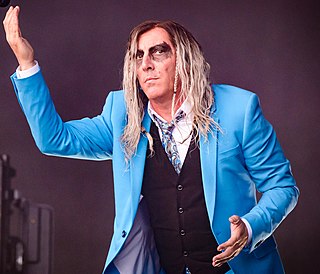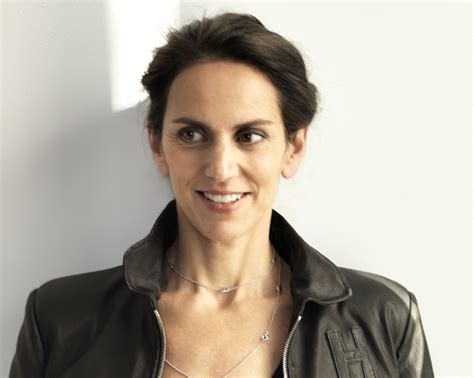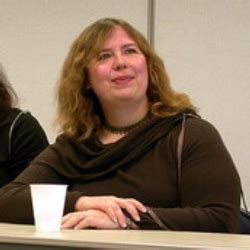A Quote by Bob Shacochis
The biggest challenge in the research process is to let go, to stop, to say enough, and then to reduce all of that beloved labor down to a few succinct paragraphs that shape the background to your narrative. I love research - that's all the fun, especially in the field. To write, however, is to suffer, and my pieces usually come in thousands of words over the assigned length. That's a serious flaw in my writing process - shaping and disciplining the footlockers of material one has so happily gathered.
Quote Topics
Assigned
Background
Beloved
Biggest
Biggest Challenge
Challenge
Come
Down
Enough
Few
Field
Flaw
Fun
Go
Happily
However
Labor
Length
Let Go
Love
Material
Narrative
Over
Paragraphs
Pieces
Process
Reduce
Research
Say
Serious
Shape
Shaping
Stop
Suffer
Then
Thousands
Words
Write
Writing
Writing Process
Your
Related Quotes
Research is fundamental; finding as much as you can and never giving up. I love the research. It is my "precise time". Not just for interviews but of footage, photographs never seen before. It is a painstaking process that satisfies me. The research never ends. I was still researching while I was promoting the Diana Vreeland book. I love reading books and going to original sources.
Joy is a part of my process. In fact, I'd go so far as to say that poetry, as a practice, necessitates a sense of joy. It's exhilarating to come into contact with the things we write into being. And a real sense of play and abandon ? even when we are relying on hard-won technique, and even when the aim is deadly serious. How often do we get the excuse to stop, think, and then stop thinking altogether and try to listen to what sits behind our outside of our thoughts? Poets are lucky.
My stories usually begin with the characters and some elements of how power (personal, political, magical) functions in the world. The rest develops as I write, and research helps a great deal with that. If you're going to write about an agrarian economy, research agrarian economies. If your main character is starving, then you should know what it means for a malnourished body to break down.







































